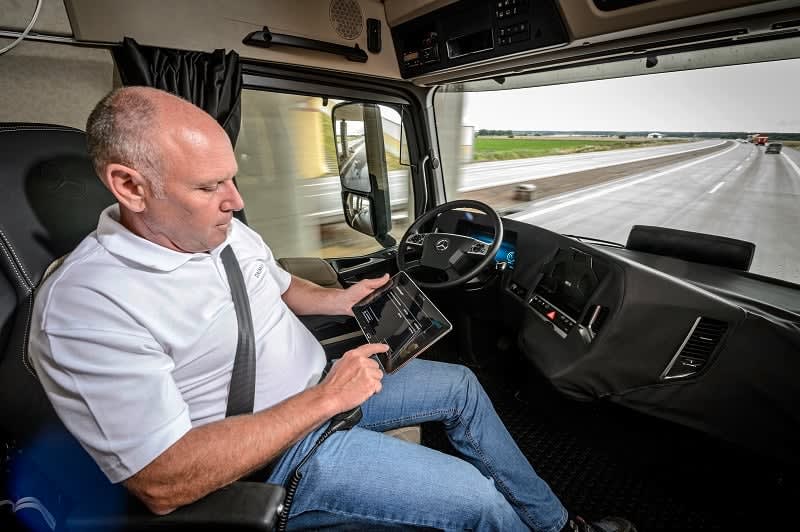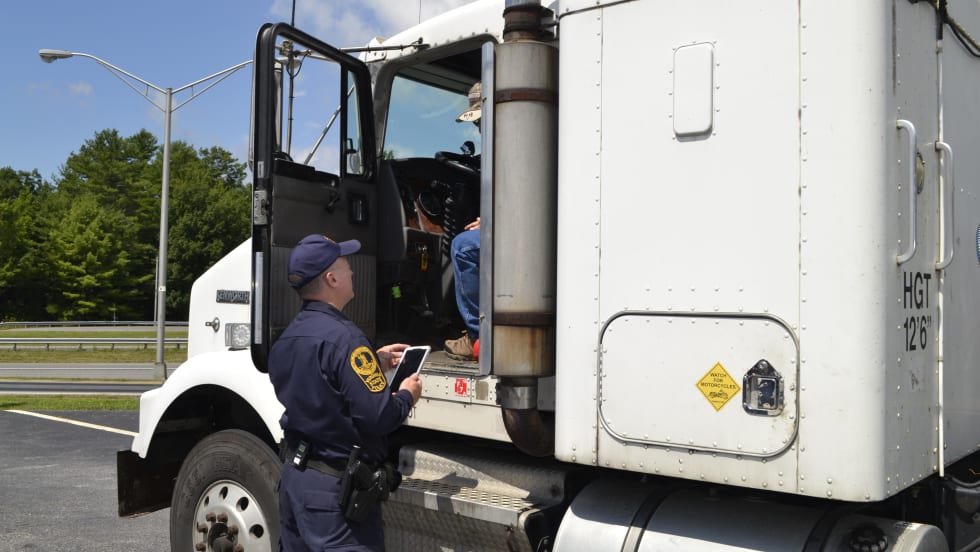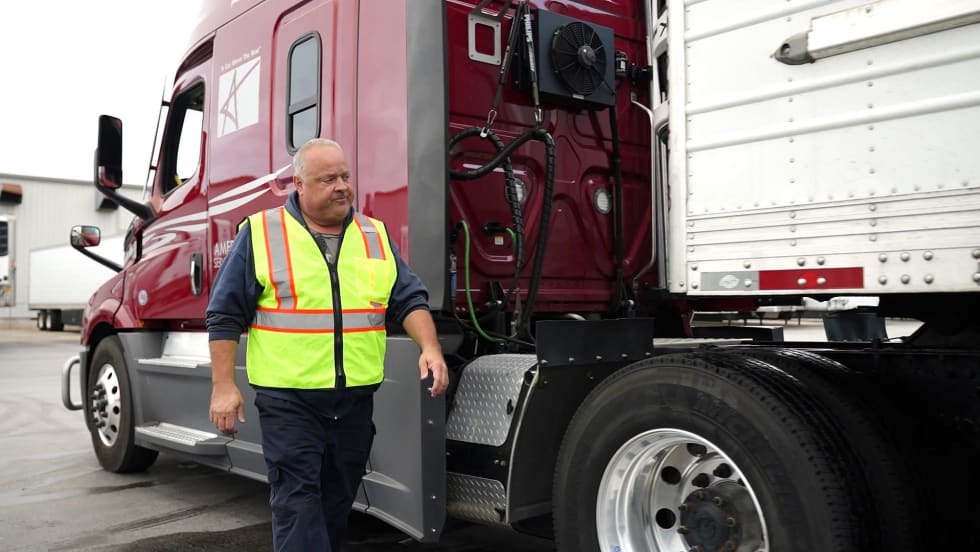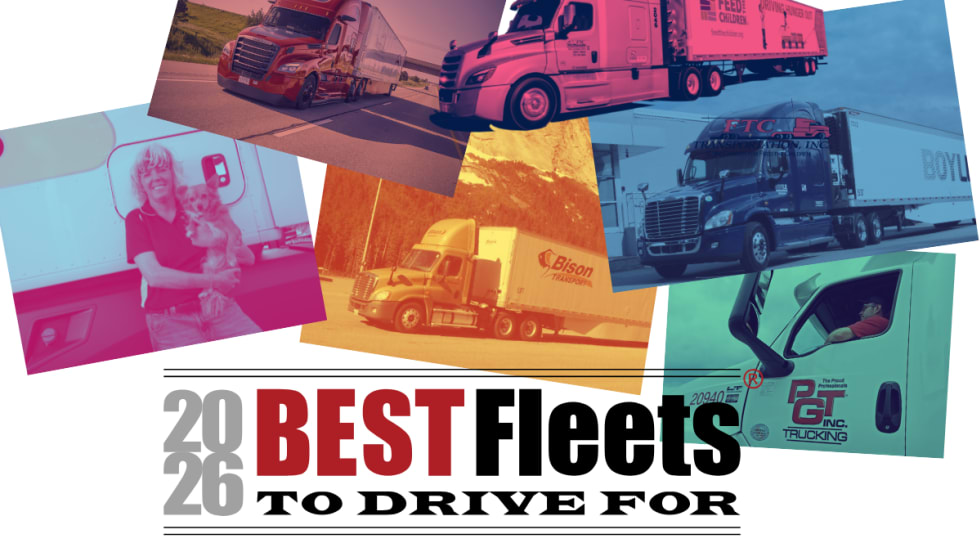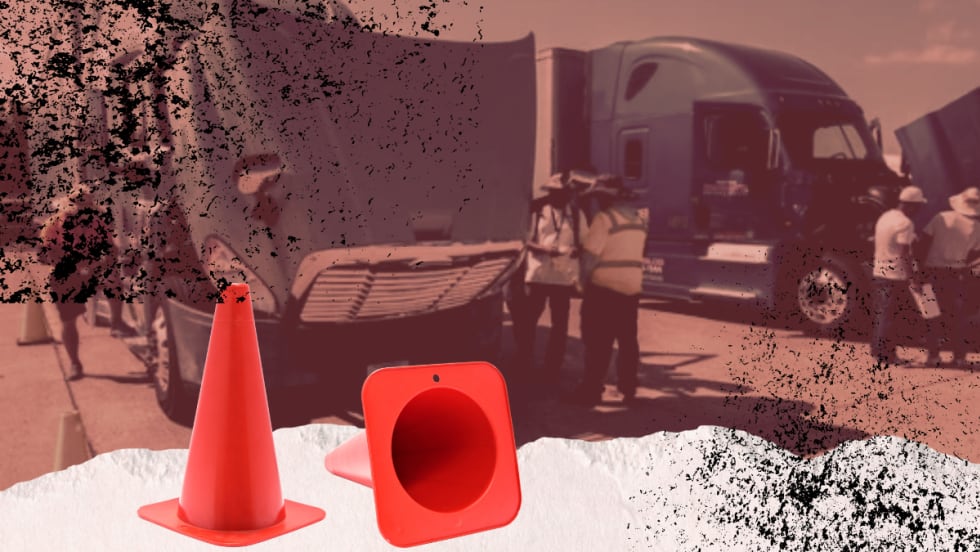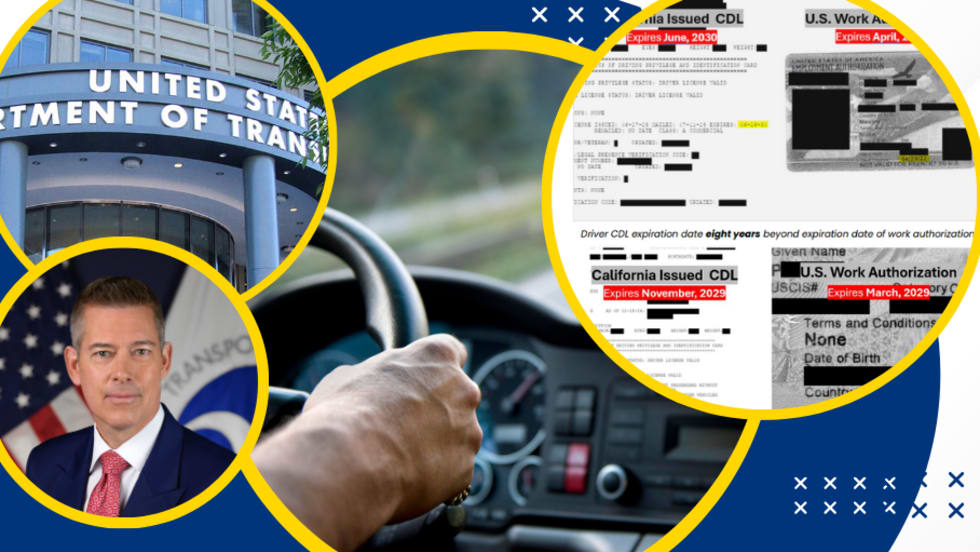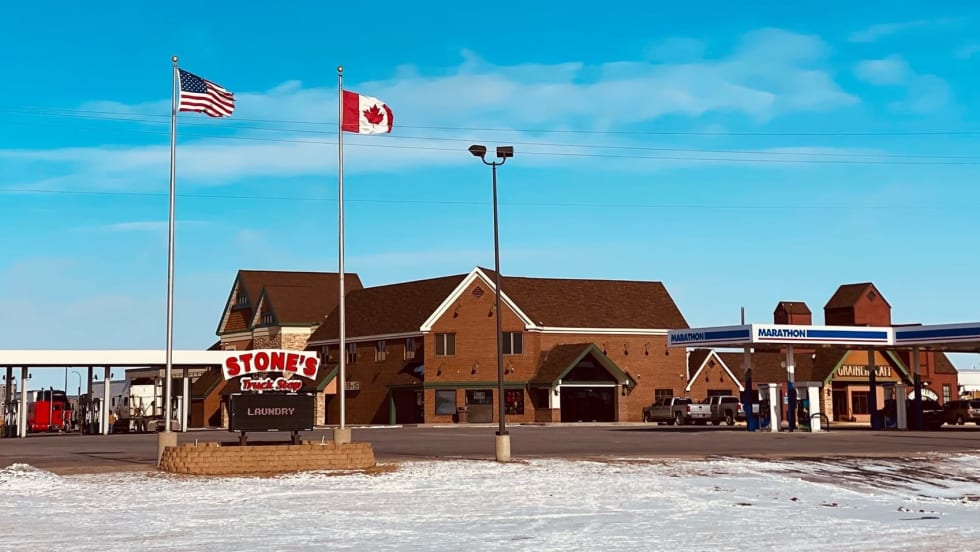When Daimler showed off its first semi-autonomous Actros tractor in 2014 on an empty stretch of German autobahn (they rented it!), the press almost universally called it a truck that drives itself. They were wrong.
Well, wrong to a point. And an important point, because amidst staged traffic on that highway, the Future Truck 2025 had limitations. It could indeed travel with no driver intervention without bumping into other vehicles, and the driver could indeed concentrate on his tablet to reserve a parking spot down the road. But there was lots it couldn’t do – like pass another truck or exit the highway on its own. This was Level 3 autonomy, which most definitely requires a driver. Level 5 would be truly driverless, and we’re not there yet, though the requisite technology is close.
Nevertheless, that Actros was labelled a “driverless truck,” and the folks who earn their living at the wheel hauling stuff down the interstates immediately cried en masse, “There goes our livelihood.”
They were wrong, too, as I wrote at the time, saying that such a huge transformation wouldn’t happen anytime soon. I still think that way, but a new report offers an in-depth look at the potential impact of autonomous trucks on driving jobs, and it doesn’t paint a pretty picture. Jointly commissioned by the UC Berkeley Center for Labor Research and Education and Working Partnerships USA, its title is “Driverless? Autonomous Trucks and the Future of the American Trucker.”
Written by Steve Viscelli, a sociologist and trucking expert at the University of Pennsylvania, it suggests that driverless trucks could replace many of the nation’s best long-distance trucking jobs, while shifting the industry toward more low-wage “gig” jobs. Viscelli says that without the right public policy decisions, eroding job quality should be as serious a concern as job loss.
The study argues that, under the adoption scenario that leading technology firms are presently working toward, autonomous trucks would primarily handle long-distance highway driving, while human drivers would navigate local routes.
Autonomous trucks could replace as many as 294,000 long-distance driving jobs, Viscelli suggests. Some 83,000 of the best trucking jobs, meaning stable careers and average annual earnings between $60,000 and $70,000, would be at high risk.
Another 211,000 lesser-quality jobs would also be at risk, the report says. Their annual earnings average between $46,000 and $53,000 and workers suffer from “exploitative labor practices” and high turnover.
While new local driving and delivery jobs (with humans at the wheel) would be created, data suggests these jobs could pay about half as much as those lost through automation.
The study identifies and analyzes six possible scenarios for how autonomous trucks could be introduced, each with different job impacts. The best of them is this one: Establish a “multi-stakeholder ‘Trucking Innovation and Jobs Council’ to develop a shared innovation agenda, create career pathways, and support displaced workers.”
“Right now, we’re on a path where tech developers and big companies decide what technologies get introduced, while workers and the public bear the cost of those choices,” said Derecka Mehrens, executive director of Working Partnerships USA. “If we want innovation to benefit all of us, we need a more balanced approach: one where workers and the public play an active role in guiding innovation, and those who profit from new technology also take responsibility for its impacts.”
I couldn’t possibly agree more.
Rolf Lockwood is vice president, editorial, at Newcom Business Media, which publishes Today’s Trucking. He writes for HDT each month on the making, maintaining and using of trucks. He can be reached at rolf@newcom.ca or 416-315-1829.



